Week 17: Limited Skills and Limited Access to Technology Part 2
LOC 17: Explain the importance of digital literacy for their students who have limited skills or limited access to technology
Learning Objectives
By the end of this week, participants will be able to:
- 17.1 – Demonstrate and explain basic computer literacy to adult learners with a step-by-step approach

“Technology gives the quietest student a voice.” — Jerry Blumengarten
Materials Needed This Week
Here is a list of materials you will need while completing this week:
- Writing utensils
- Highlighters
- Ruler
- Sticky Notes
- Dictionary/Glossary booklet
- Handwritten Wisdom Journal
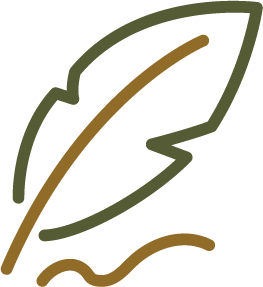
- Blank paper
- Computer/laptop
Key Terms
Add these key terms to your personal dictionary/glossary booklet. These important key terms will be used throughout module 4, week 17. If there is no link attached to the definition, be assured that the term will be defined throughout the week. We encourage you to further investigate the definitions in order to expand your knowledge.
- Internet
- Online
- Offline
- Navigate
- Websites
 Questions to Consider
Questions to Consider
1. Why is it important to recognize that digital literacy is a barrier for some adults?
2. What are some of the digital literacies that you can access without an internet connection?
3. Do you really need the internet to teach adults?

“Similarly, computer literacy courses tend to produce computer people who know a lot about computers or a piece of software but they don’t help people become fluent with the machine. ” — Seymour Papert
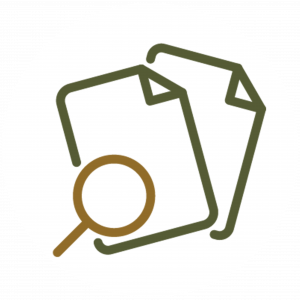 Review
Review
Consult the following resources and interpret the necessary information with your preferred method of note-taking.
Media Smarts: Digital Literacy Fundamentals (article)
The Best Uses of EdTech: Giving Every Student a Voice by Kelly Walsh (article)
Explore and learn about Outlook with the many training resources provided by Microsoft.
Microsoft Outlook training (videos and overviews)
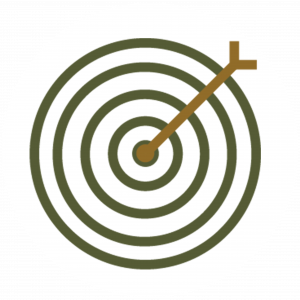 Identify
Identify
Activity
Take a couple of minutes to test your knowledge on basic computer literacy.
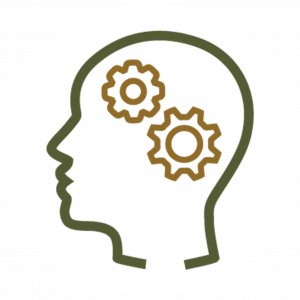 Develop
Develop
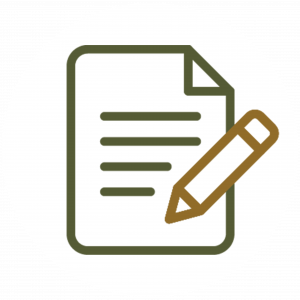 Apply
Apply
Consult the steps on how to create and send an email in Outlook.
Microsoft Support: Create and send email in Outlook (step-by-step instructions)
Task
Here is a self-assessment for you to try with your students:
From what you have learned so far about digital literacies, fill in or print off this Digital Literacy Self-Assessment Template (PDF) for your students for you to review and to take into consideration the type of digital literacies you are already using, should start using, stop using, etc.
 Take Away Toolbox
Take Away Toolbox
- Digital Literacy Self-Assessment Template (PDF)
- Microsoft Outlook Training (website)
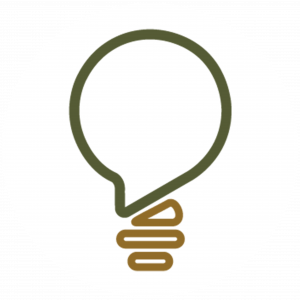 Reflect
Reflect
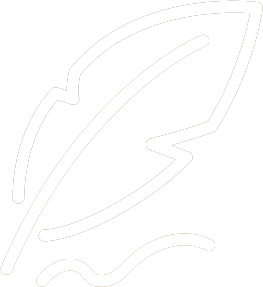 Handwritten Wisdom Journal
Handwritten Wisdom Journal
A Wisdom Writing Journal is a way to notarize your learning journey throughout the weeks during all the modules in this course. It will also permit you to demonstrate that no technology is required to focus on reflective practice. There is a variety of writing journal tools that you can choose from that require technology, however, throughout this course, it is important that you experience and model a no-technology required method in order to relate to those students that have limited or no access to technology.
Take advantage of jotting down your thoughts, frustrations, joys, aha moments, and new information acquired as the result of your hard work. Critical reflection time required at the end of each week will be a culminating result of YOUR own personal Learning Narrative.
Using your own personal writing journal, write an entry for this week’s prompts:
- How many digital literacies were you aware of?
- Can you relate to digital literacies that would assist your adult learners with low-tech skills or no tech access?
- How will your digital delivery or strategies be used in your practice change?
- Based on the information that you have learned this week, how would you review, identify, develop, apply, and reflect?
Note: Be sure to justify each of your answers or comments.
Optional Resources
These resources are not required to be viewed; however, they give further information on this week’s topics:

